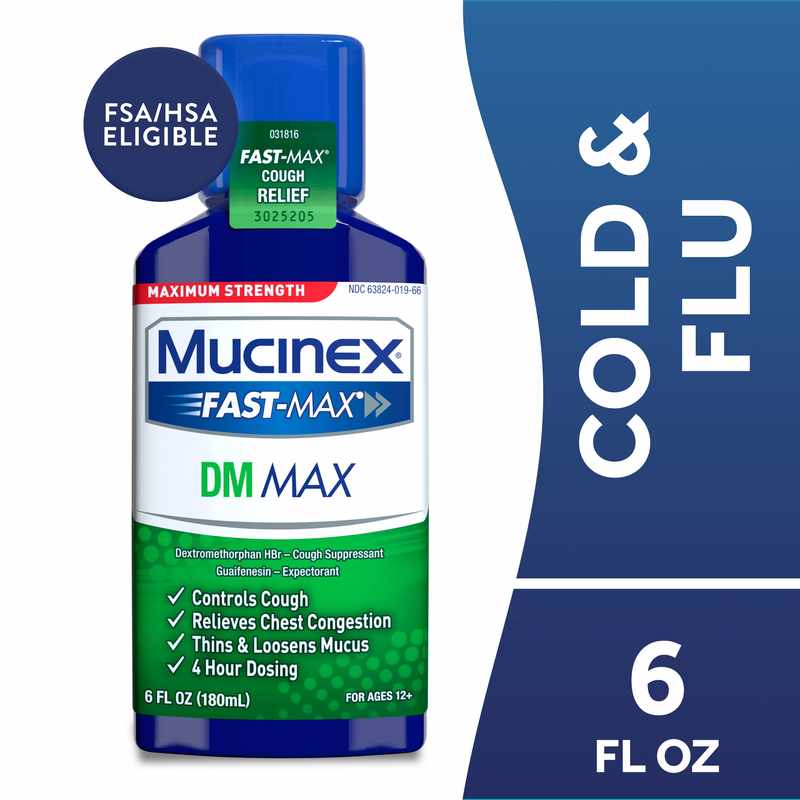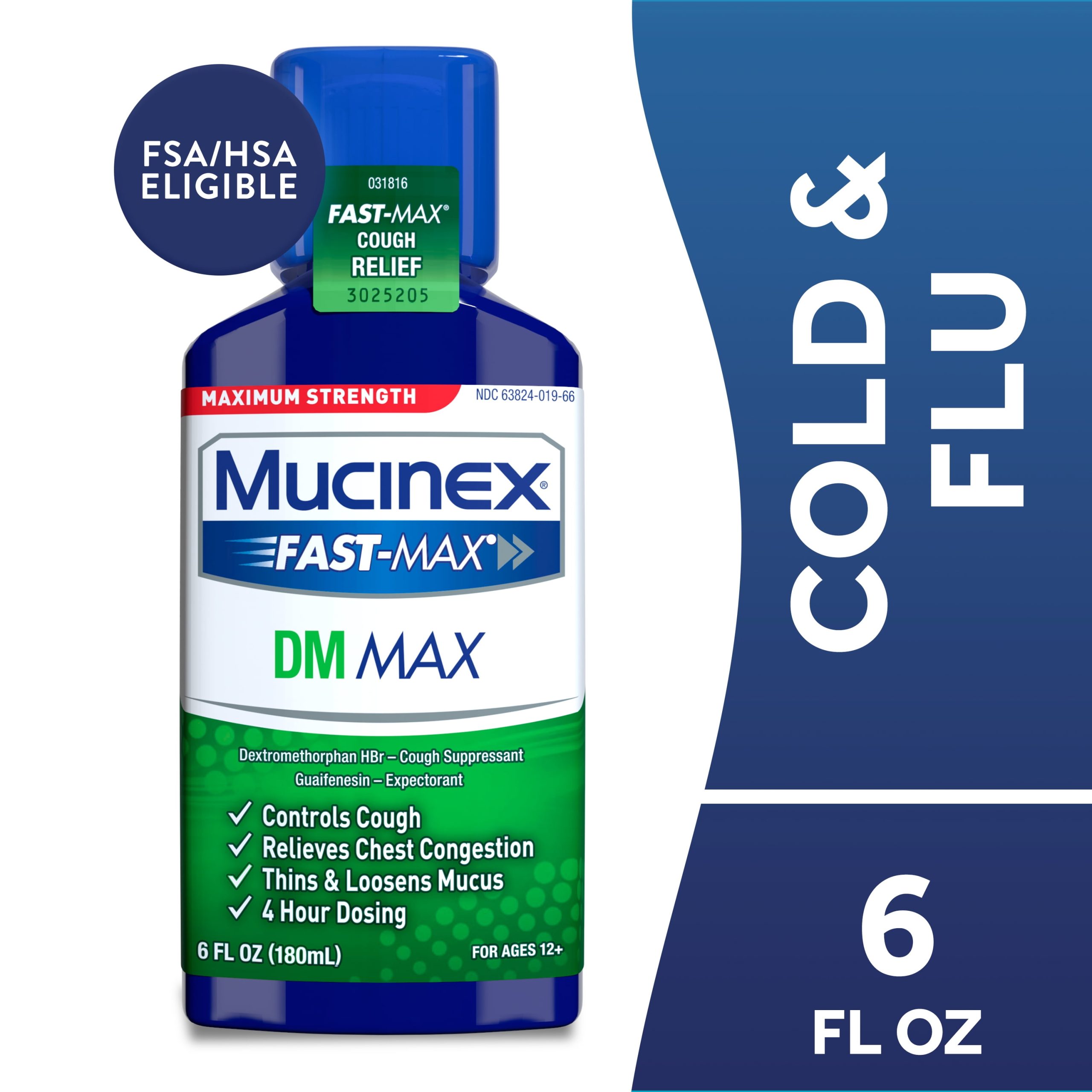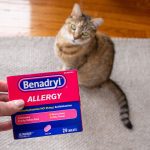As a dog owner, there’s nothing more distressing than seeing your furry friend suffer from allergies or respiratory issues. Whether it’s a pesky case of itching and scratching due to environmental allergens or a persistent cough brought on by kennel cough, you want to find a solution that will bring relief to your pup.
Can I Give My Dog Mucinex and Benadryl?
This is a common question many dog owners have asked themselves at some point. After all, these over-the-counter medications are commonly used in humans to alleviate symptoms like congestion, coughing, and itching. But can they be safely given to our canine companions? In this post, we’ll dive into the world of Mucinex and Benadryl for dogs, exploring what these medications are, how they work, and whether or not they’re suitable for use in dogs.
The Basics: What Are Mucinex and Benadryl?
Mucinex is a type of expectorant that helps loosen and clear mucus from the lungs and airways. It’s often used to treat respiratory issues like bronchitis, pneumonia, and even the common cold. Benadryl, on the other hand, is an antihistamine that works by blocking histamine receptors in the body. This makes it a popular choice for treating allergies, hives, and itching.
While these medications may be effective in humans, there are some key differences between human and canine physiology that make their use in dogs more complicated than you might think. In our next section, we’ll explore what those differences are and why they’re important to consider when deciding whether or not to give your dog Mucinex and Benadryl.

As we explored earlier, Mucinex and Benadryl are both common medications used to alleviate symptoms like congestion, coughing, and itching in humans. But what about dogs? Can these medications be safely given to our furry friends?
The Physiological Differences: Why Mucinex and Benadryl May Not Be Suitable for Dogs
While it may seem intuitive to use human medications on your dog, there are some significant physiological differences between humans and dogs that make it crucial to exercise caution. For instance, dogs have a much faster metabolism than humans, which means they process medications at a rapid rate. This can lead to potentially toxic levels of certain compounds in their system.
Another important consideration is the way these medications interact with canine physiology. Mucinex, for example, works by stimulating the production of surfactant, a natural substance that helps reduce the thickness of mucus in the lungs. However, dogs have a different type of surfactant than humans, which means Mucinex may not be as effective or safe for use in canine patients.
BenaDryl, on the other hand, works by blocking histamine receptors in the body. While this can provide relief from itching and hives in humans, it’s essential to note that dogs have a different type of histamine receptor than humans. This means that Benadryl may not be as effective or safe for use in canine patients.
It’s also important to consider the potential side effects of these medications when given to dogs. For example, Mucinex can cause gastrointestinal upset and increased heart rate in dogs, while Benadryl can lead to sedation, lethargy, and even seizures in some cases.
The Bottom Line: When to Seek Professional Advice
While it may be tempting to give your dog Mucinex or Benadryl if you’re experiencing symptoms of congestion, coughing, or itching, it’s crucial to consult with a veterinarian before doing so. Your vet can help determine the underlying cause of your dog’s symptoms and recommend appropriate treatment options that are safe and effective for canine patients.
Remember, every dog is unique, and what works for one pup may not work for another. By working with a qualified veterinarian, you can ensure your furry friend receives the best possible care and avoid any potential complications or side effects associated with human medications.
For more information on treating canine allergies and respiratory issues, check out the ASPCA’s guide to pet allergies. Additionally, consult with your veterinarian before attempting to give your dog any medication, including Mucinex or Benadryl.
Expert Advice for Your Furry Friend
We are ready to answer your questions, day or night.
Get Expert Dog Care AdviceIn our previous sections, we’ve explored what Mucinex and Benadryl are, how they work, and the key differences between human and canine physiology that make their use in dogs more complicated than you might think.
Now that we’ve covered the basics, it’s time to answer the million-dollar question: can I give my dog Mucinex and Benadryl? The short answer is no, it’s not recommended to administer these medications to your furry friend without consulting with a veterinarian first.
The reasons for this are twofold. First, dogs metabolize medications differently than humans do, which means that even if you were to give your dog Mucinex and Benadryl in the correct dosage, it’s likely that they would not be effective at relieving symptoms. Second, there is a risk of adverse reactions when giving these medications to dogs.
Instead of relying on human-grade medications, veterinarians often prescribe canine-specific treatments for respiratory issues and allergies. These medications are designed to work in harmony with your dog’s unique physiology, reducing the risk of adverse reactions and ensuring that your furry friend receives the relief they need.
If you’re concerned about your dog’s symptoms or think they might be experiencing an allergic reaction, it’s always best to consult with a veterinarian. They can help determine the underlying cause of your dog’s symptoms and recommend appropriate treatment options tailored to their specific needs.
Remember, when it comes to your dog’s health, it’s always better to err on the side of caution. Don’t hesitate to reach out to your vet if you have any questions or concerns about giving Mucinex and Benadryl to your furry friend – or any medication for that matter.
With this information in mind, we hope you’re now equipped with a better understanding of what Mucinex and Benadryl are, how they work, and why it’s not recommended to give them to dogs. Remember, it’s always important to prioritize your dog’s health and well-being by seeking professional advice before attempting any new treatments.
Cost of Boarding for Dogs: Are you considering boarding your furry friend while you’re away? This informative post breaks down the costs involved in dog boarding, helping you make an informed decision. From prices to perks, get the inside scoop!
Black Beans Nutrition Fact: Boost your energy and supercharge your diet with the mighty black bean! This article reveals the incredible nutritional benefits of these tiny powerhouses, from fiber-rich goodness to protein-packed punch. Click to unlock the secrets of this humble legume!




